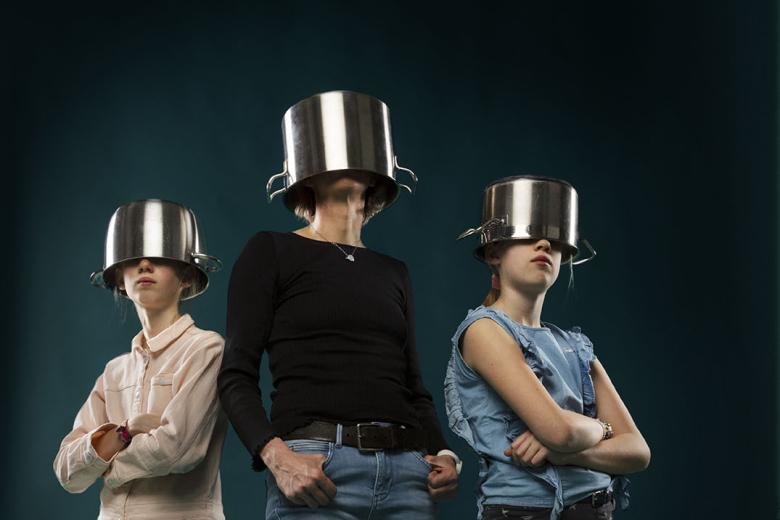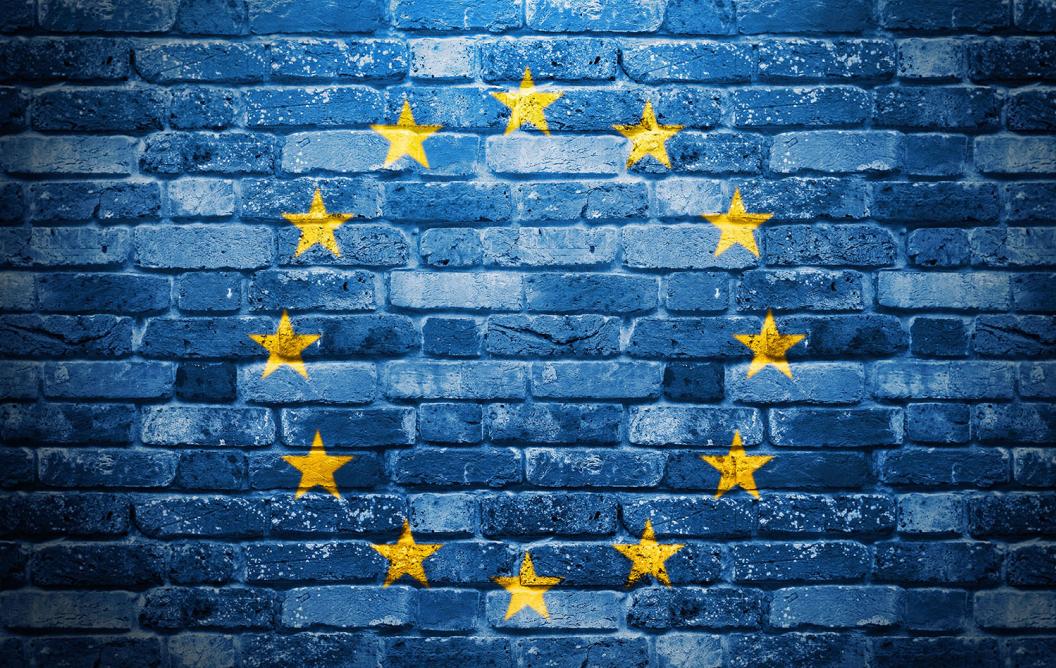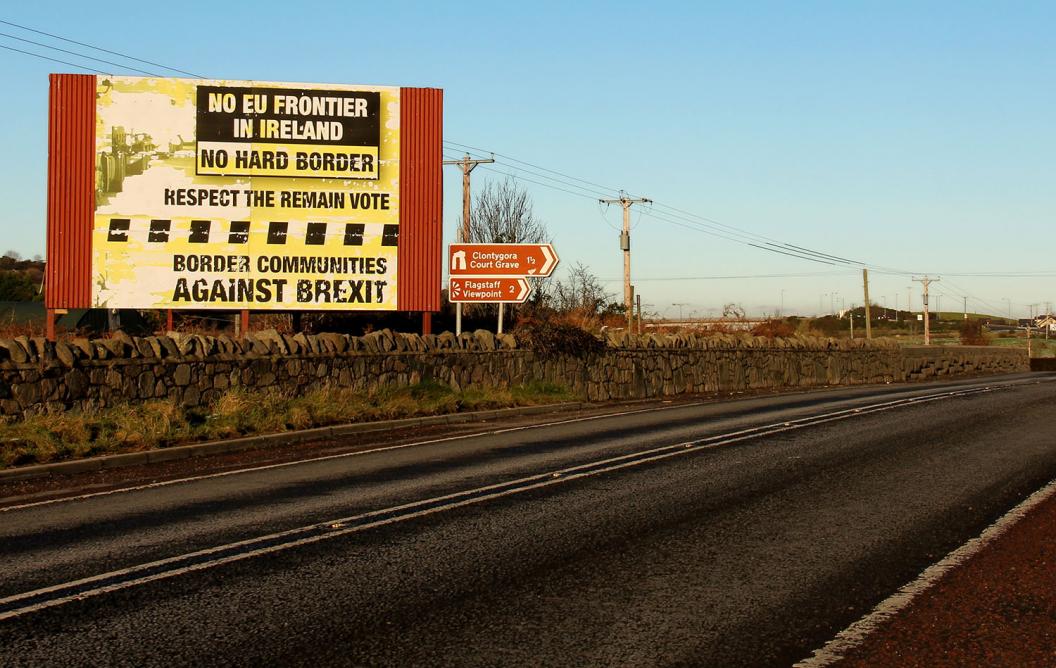EU: dense material of fundamental importance
If it were up to Melle Garschagen, every day would be ‘Europe Day’. “The role of a journalist is to follow the EU critically and comprehensively,” says the UM alum and deputy editor of NRC. He recently returned to the Netherlands after almost five years as a correspondent in England, mainly covering Brexit.
War no more: this was the hope of the French foreign minister, Robert Schuman, when he called on 9 May 1950 for the French and German production of coal and steel—key raw materials for warfare—to be placed under joint control. The idea was that this would secure peace on the European continent. It turned out to be the first step towards European cooperation that would culminate in the establishment of the EU as we know it today. As a result, 9 May has been declared Europe Day. “I find it a bit forced, creating a Europe Day and trying to connect everything to it,” Garschagen says. “To my mind, it’s always important to emphasise what the EU is doing. For the first time in years, I followed the Dutch election again. The parties all act as if they’re in charge here in the Netherlands, when so many important issues are partly or largely decided at the European level. That the EU belongs in our DNA was entirely absent from the campaign.”
The EU as lubricant
In his view, Brexit is less about the functioning of the EU than it is about dysfunctional British politics. “I was shocked by the state of parts of the UK: the poverty, decline, lack of investment. The situation in parts of England is similar to what happened in Limburg when the mines closed. But here, the university was opened, DSM came, the tax authorities opened a branch. You don’t really see those kinds of investments in England. Traditional industries disappeared without being replaced by anything. That breeds poverty and discontent. The 2016 referendum gave Britons the rare opportunity to say something about the EU, which they took not only by voting against the EU but also by settling scores with their own political establishment.
“The consequences of Brexit have yet to be felt. The real economic damage will only be measurable in the next decade or two. But there’s already disquiet in Northern Ireland. The customs border required between the UK and Ireland, an EU country, has been drawn in the Irish Sea. So Northern Ireland remains part of the European market, giving it a separate status from the rest of the UK. When both countries were still members of the EU, customs controls were regulated by the Maastricht Treaty. Now everything has to be negotiated again and that leads to friction, not only at the political and diplomatic level but also in society. Therein lies the significance of a body like the EU. It’s a kind of lubricant where individual interests become shared and contradictions vanish.”
Fact and fiction
Prince Philip died shortly after Garschagen left England. Does he regret not being able to report on it? After all, the British royal family is a newsworthy topic even outside the UK, thanks in no small part to the Netflix series The Crown. “The Crown is really well made, but that it’s become a kind of pseudo-nonfiction is dangerous. I hear that quotes from the show have been used to illustrate the relationship between Queen Elizabeth and Philip. That’s a slippery slope, because it’s entirely invented. When I moved from Jakarta to London in 2016, he was already struggling with his health. At the time, I found it terrifying. I’d done European Studies and International Law, I’d worked as an economics editor and written about the Eurozone. Brexit, that dense material—fine, bring it on. But a member of the royal family? I had so little understanding of that, how was I supposed to approach it? I did a lot of reading, and after about a year that fear dissipated. My colleague from the Volkskrant, Patrick van IJzendoorn, who’s been in England for a long time and knows the country well, always says: the death of Elizabeth will cause a bigger shockwave in England than all of Brexit put together. I don’t know whether it’s true, but it’s certainly thought provoking.”
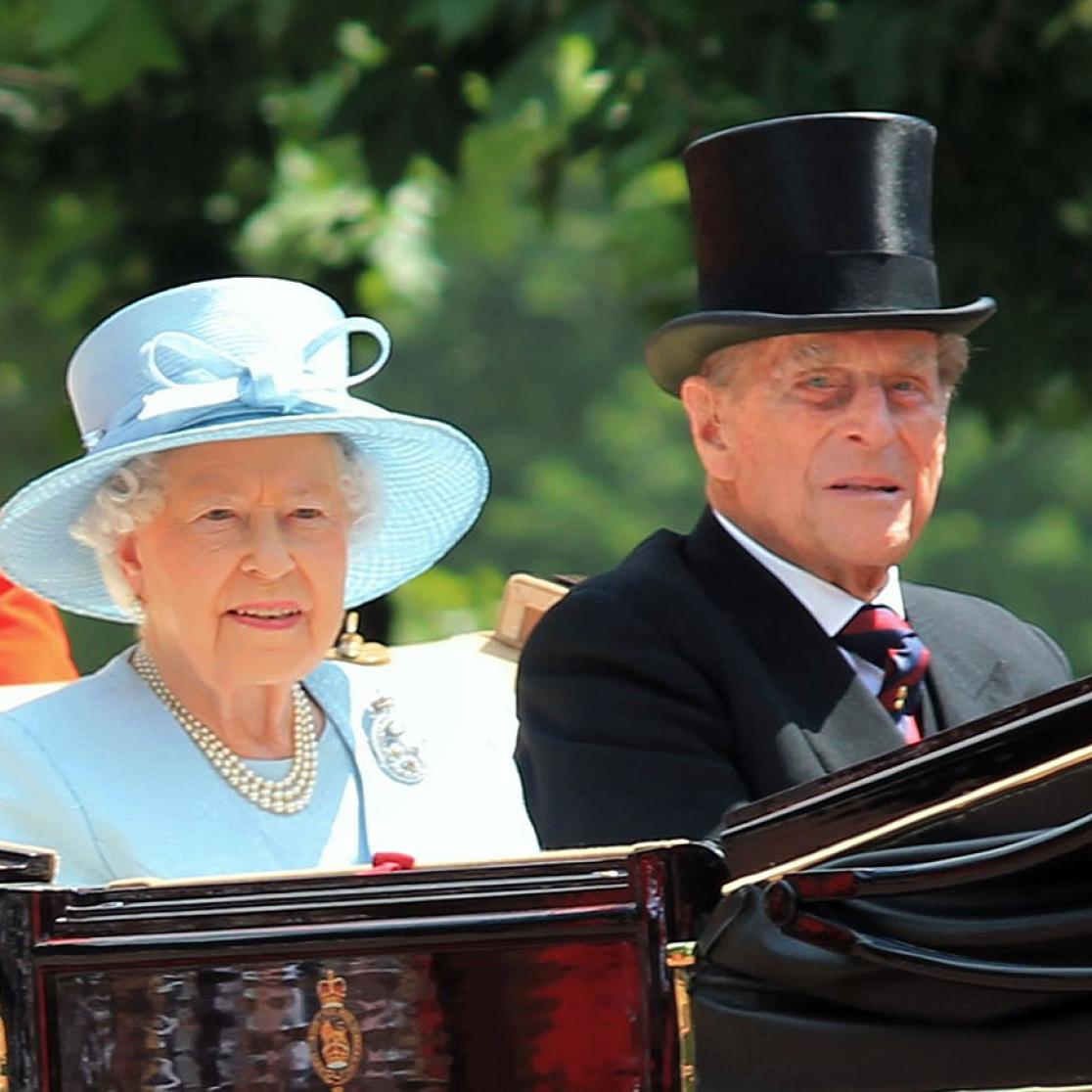
Also read
-
Empowering Smallholder Farmers in the Data Economy: Unlocking Opportunities and Overcoming Obstacles
Frederik Claasen, the head of policy at our partner organisation Solidaridad Network on the opportunities and obstacles facing smallholder farmers in their data ecosystems.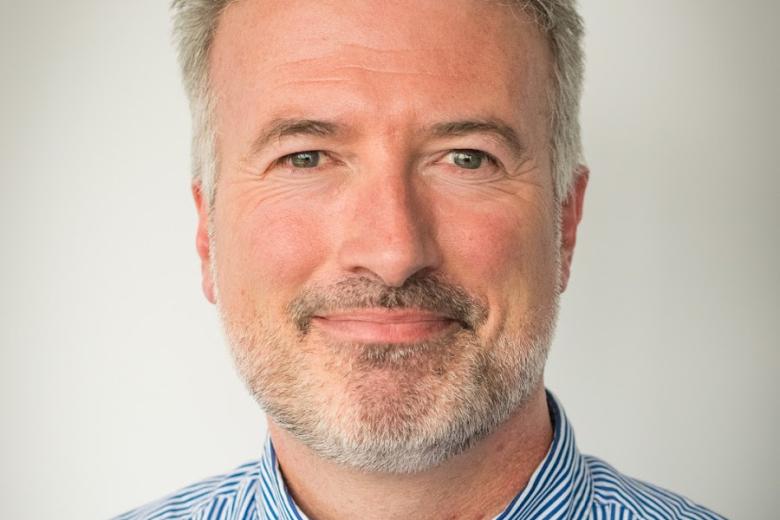
-
Soft landing in Vienna
After several rocky years, Maastricht University alum Lea Vink has found her feet in Vienna. Professionally, she is taking new steps at the crossroads of aviation and organisational psychology. And on a personal level, luck has smiled on her since her transition from man to woman.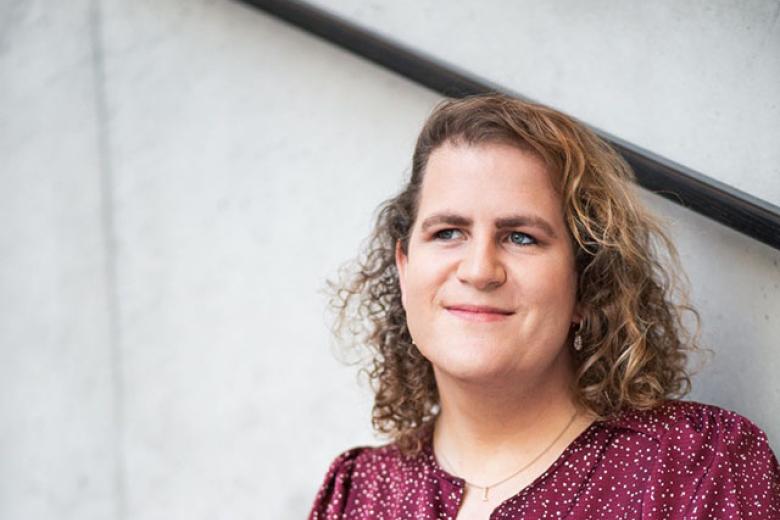
-
The scientist, the chef and her passions
Anne Roefs was awarded a Vici grant of €1.5 million. The professor of Psychology and Neuroscience of Abnormal Eating, was tossing up between a career as a scientist or a top chef.